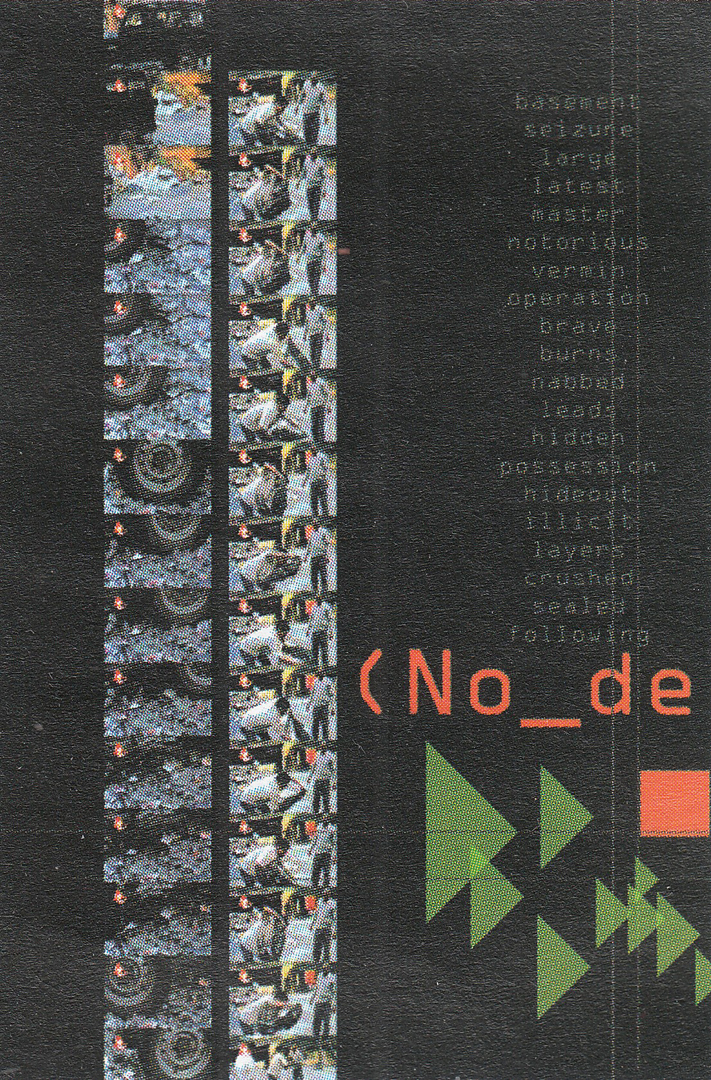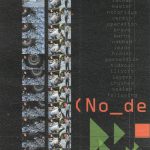“The Network of No_Des” by Jeebesh Bagchi, Monica Narula, Shuddhabrata Sengupta, Iram Ghufran, T. Meyarivan, Gunalan Nadarajan, Mrityunjay Chatterjee
Title:
Artist(s) and People Involved:
Exhibiting Artist(s):
- Jeebesh Bagchi
- Monica Narula
-
Shuddhabrata Sengupta
-
- Sarai Media Lab
- Iram Ghufran
- T. Meyarivan
-
Gunalan Nadarajan
-
- College of the Arts Singapore
- Maryland Institute College of Art
- Mrityunjoy Chatterjee
Symposium:
Artist Statement:
The shadows of forgotten pirates and smugglers fall on a network of nodes – a mesh that defies boundaries. “Lightning Raids in New Delhi basements” reveal a web that spans the world and fits into a CD. Films, music and information proliferate faster than the vectors of an epidemic. Enter No_Des.
“…Nodes, when written, perhaps erroneously, as ‘no-des’ gives rise to an intriguing hybrid English/Eastern-Hindi neologism, a companion to the old words – ‘des’, and ‘par-des’. ‘Des’ (in some eastern dialects of Hindi, spoken by many migrants to Delhi) is simply homeland or native place; ‘par-des” suggests exile, and an alien land. ‘No-des’ is that site or way of being, in des’ or in par-des’, where territory and anxieties about belonging, don’t go hand-in-hand. Nodes in a digital domain are No-des…- Rags Media Collective, 2002.
Media practices in South Asian streets have a history of using the edit, record and copy/paste function to celebrate a culture of shared usage, gifting, reproduction and low-cost distribution mechanisms for high-value information goods. Backstreet CD burners and basement hard drives combine to produce a thriving network of unofficial information trade. Some people call this piracy.
The Network of No_Des uses found material from web searches, fragments of Hindi film scenes and research notes from Sarai’s ongoing exploration of new media street culture in Delhi to present an engaging and occasionally irreverent perspective on how deep the razor of intellectual property cuts into the skin of contemporary South Asia.








